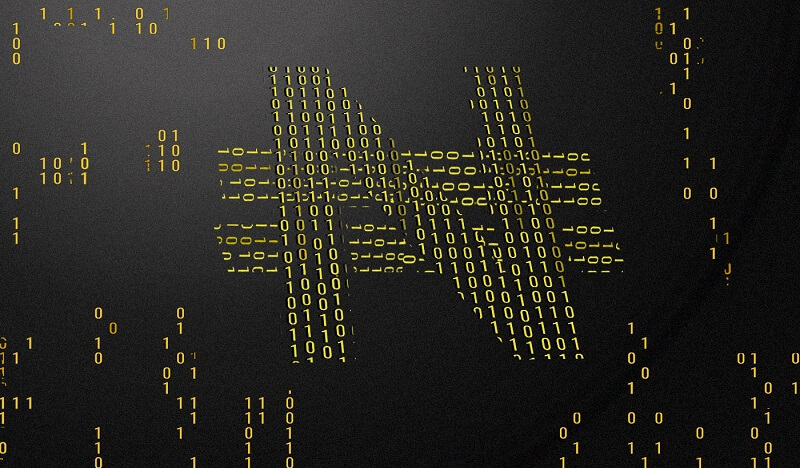CBN Digital Currency Will Jeopardise People’s Privacy- Uwaleke
The Central Bank of Nigeria’s plan to join the rush for a digital currency means it is favourably disposed to innovation, but the currency will intrude on the privacy of Nigerians.
Uche Uwaleke, a professor of Capital market and the President of the Association of Capital Market Academics of Nigeria said this during an interview with THE WHISTLER.
Advertisement
Uwaleke said, “So as far as the digital currency is concerned, it is still a work in progress for many countries, and I’m happy Nigeria is keying in but what is important to me is that it should not be rushed. The central bank has a number of currencies regarding digital currencies and digital assets generally. The fact that it is susceptible to crime a lot of people can use it to commit crime.
“There is also a concern that it will jeopardise people’s privacy, especially for those converting their deposit to digital currency. It gives the bank access to an individual’s data, there is also a concern that it will affect monetary policy transmission, and closely tied to that is rising interest rate and inflation.”
The CBN had in February warned banks against dealing in Crypto-Currencies or facilitating payments for crypto-currency exchanges.
The Central Bank of Nigeria Governor, Godwin Emefiele called Bitcoin a ‘gamble’ after the latter during a public function.
Advertisement
But the apex lender made a twist to a digital currency after it was accused of stifling innovation.
In March CBN announced its first public move to adopt a digital currency which would become operational by December.
Countries including China, Japan, Russia and Ecuador have all announced plans to launch a digital currency.
For developing countries like Nigeria, the issue is with adopting a digital currency when the country’s financial inclusion is just 63.2 per cent of its 200 million people.
“I’m not sure if the proposed timeline is realistic, given the level of development, payment system, and the broadband network. So the timeline of say 2022 may not be realistic even though the Bank said they have been working on it,” Uwaleke said.
Advertisement
“It is an initiative we must take time to understand before we implement it. As I speak to you, I’m not sure if any central bank in the world has implemented the digital currency initiative fully. They are still studying it.”
Uwaleke said that other issues surrounding the apex bank’s ambitious timeline is that it may reduce bank’s deposits.
He explained, “For example, If an individual has a central bank digital currency and depositors are allowed to convert their deposits to central bank currency, it reduces the deposits in the banking system and once deposits are reduced, it affects the bank’s ability to lend and make money. And once there is a liquidity challenge, the interest rate goes up and that can fuel inflation.
“So it all depends on how the digital currency is designed, is it designed as just an E-account or a token? If designed as a token, it means there is a limited quantity of it that one can have. So the advantages and disadvantages will depend on the design of the currency.”
He further explained that despite the issues with the plan, the payment system would enhance financial inclusion and cash policy will also be enhanced.
“The millennials will find it attractive, especially if the scope extends to them and they are allowed to participate,” he added.



